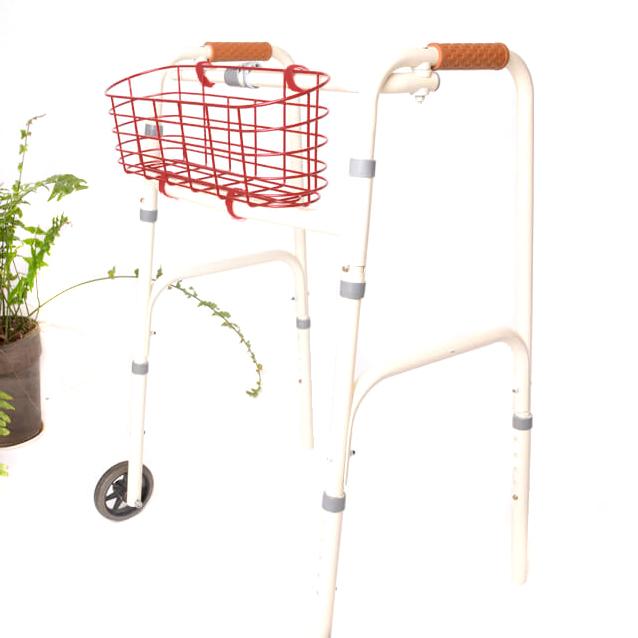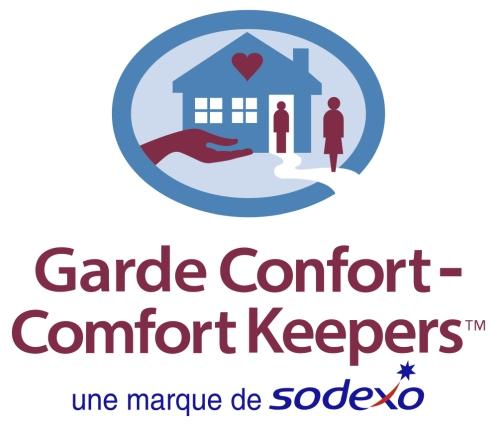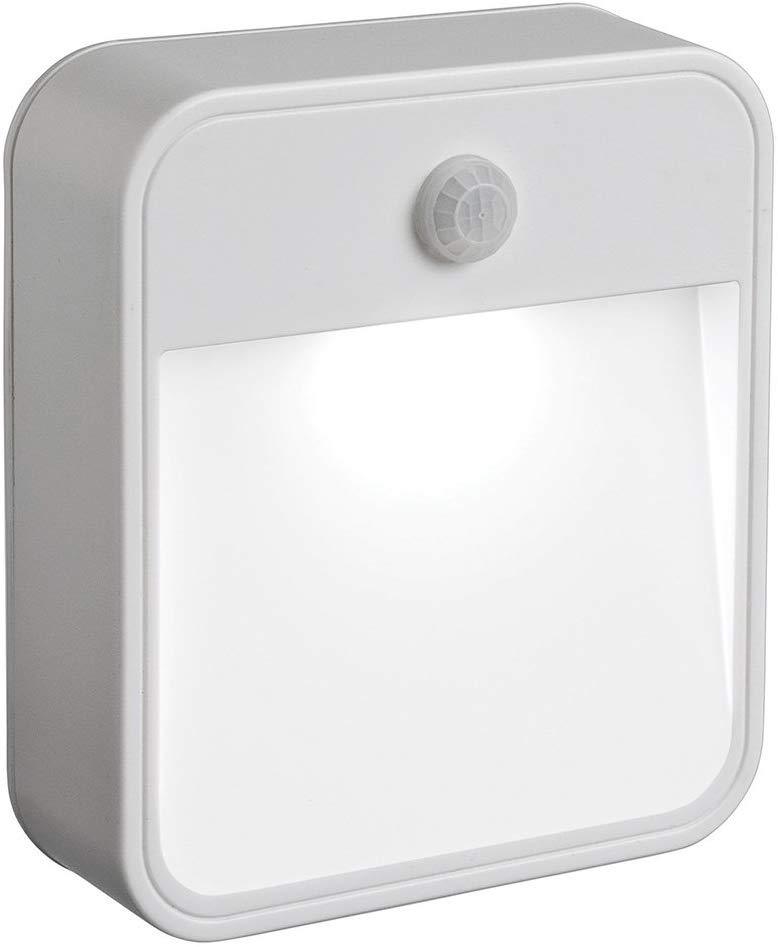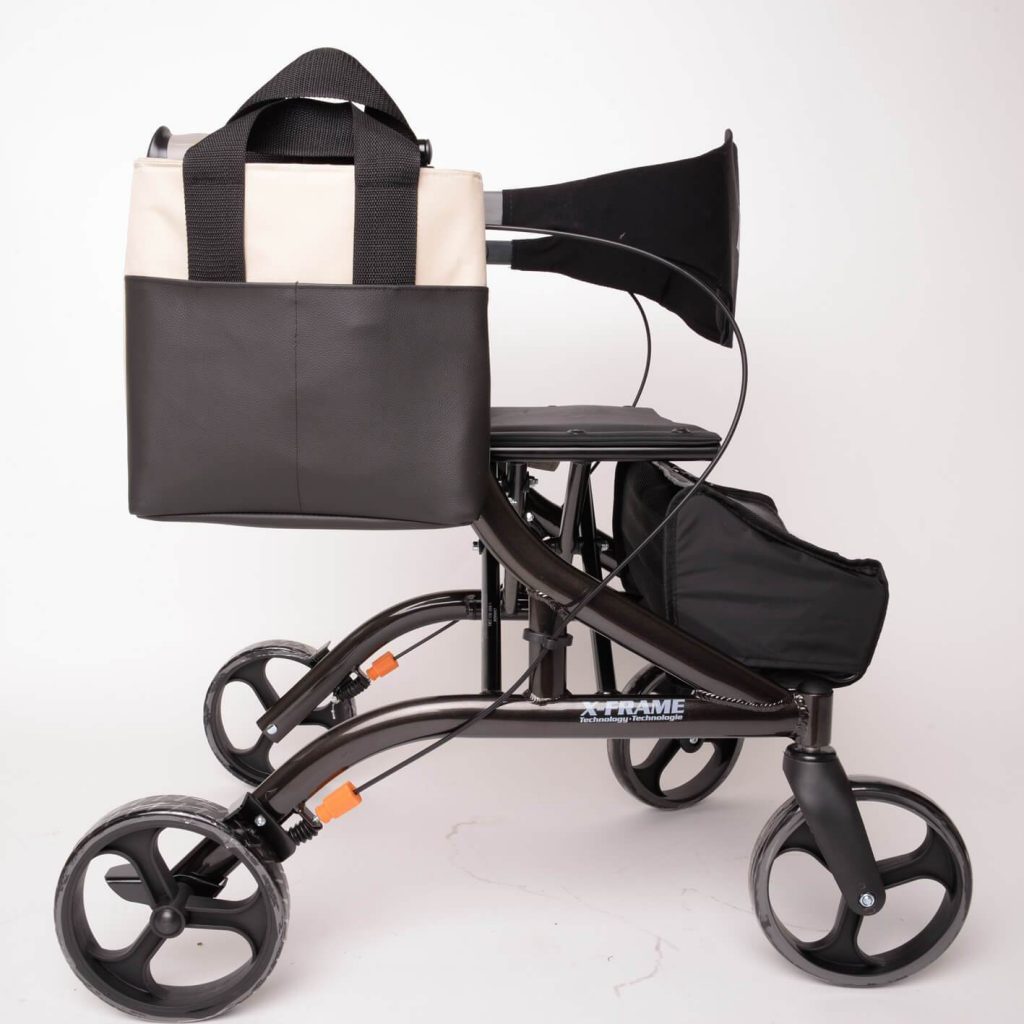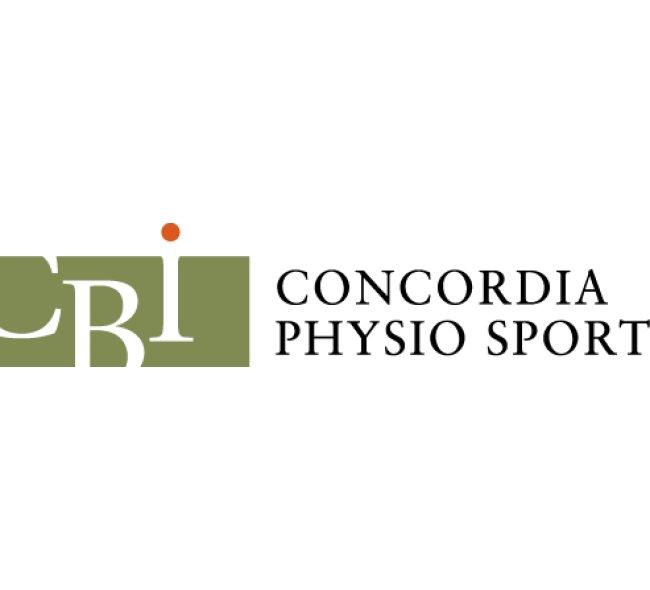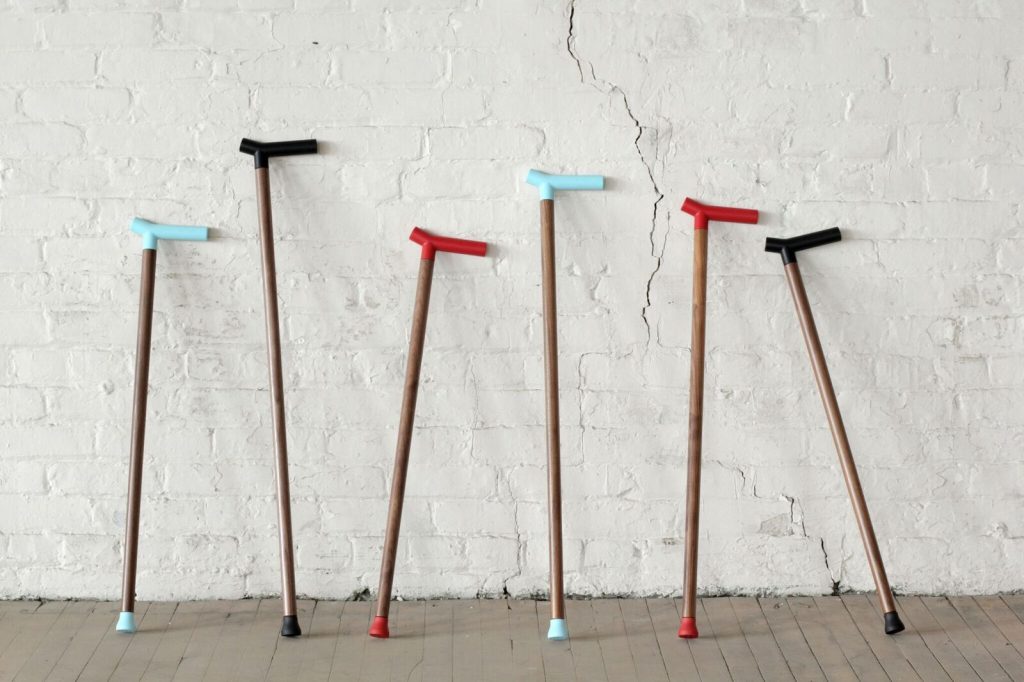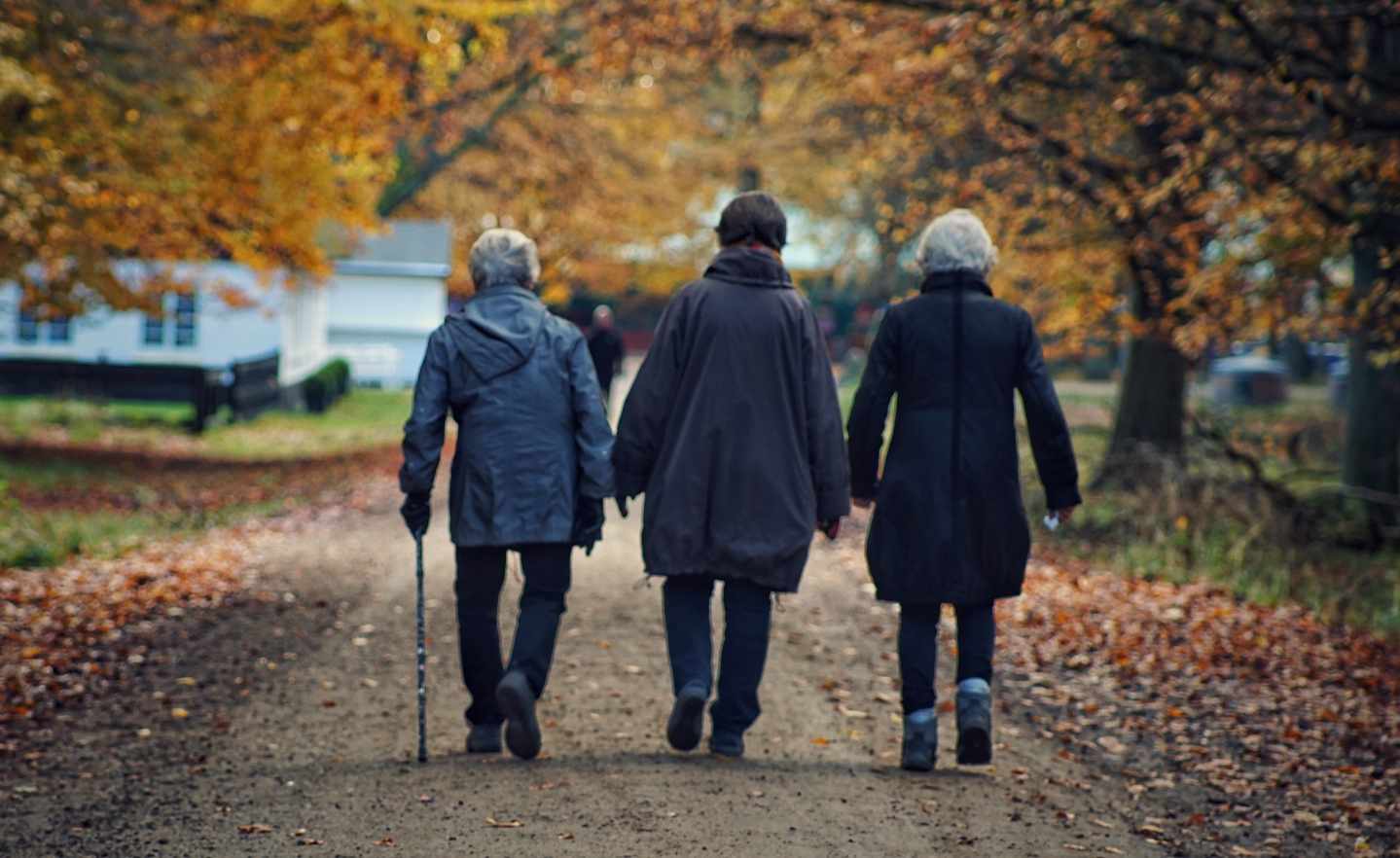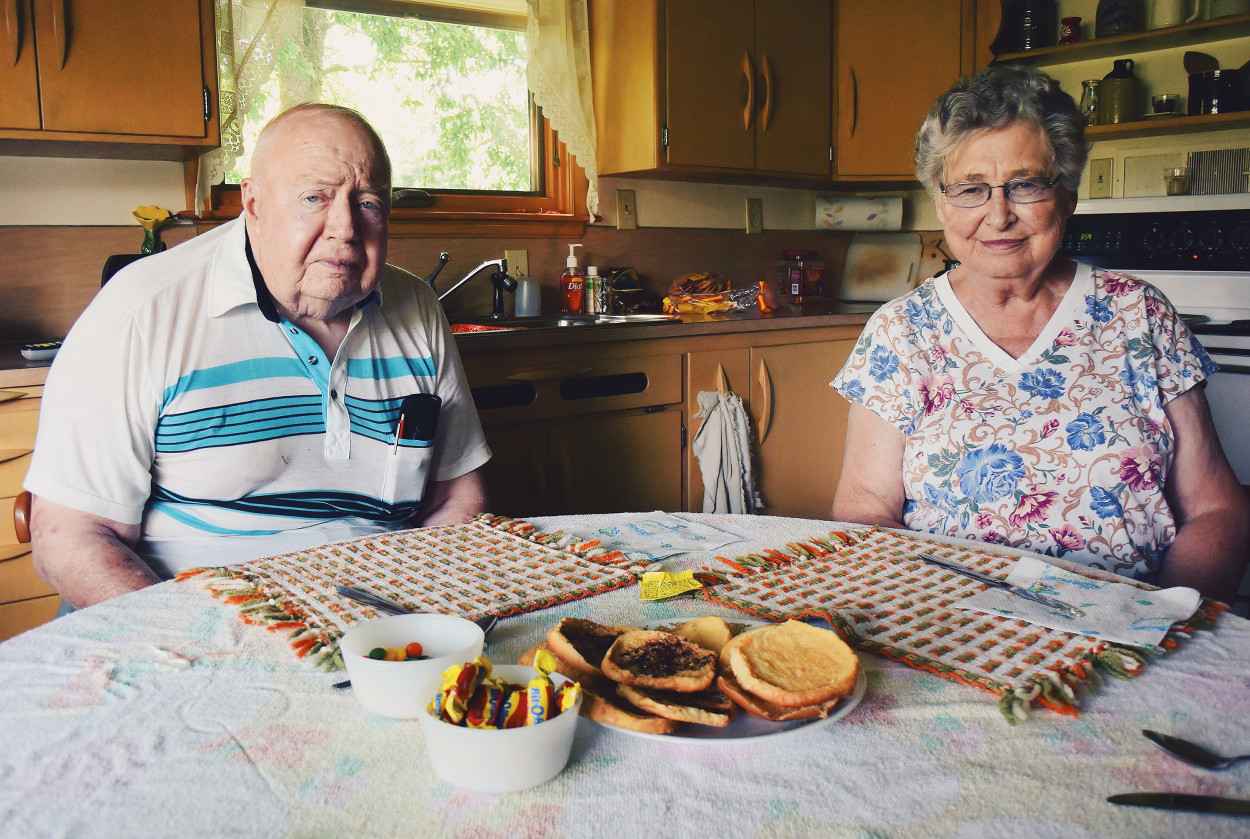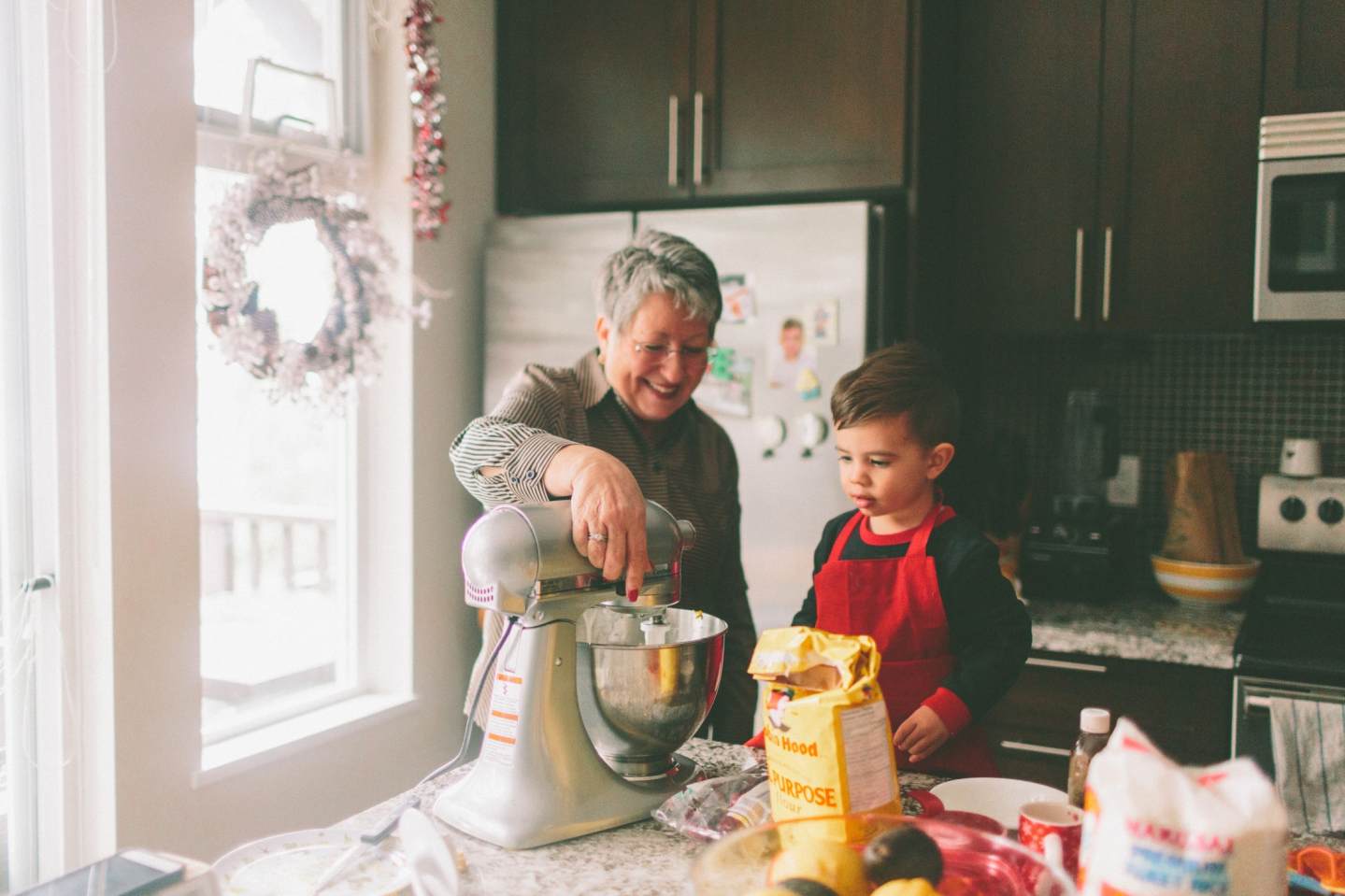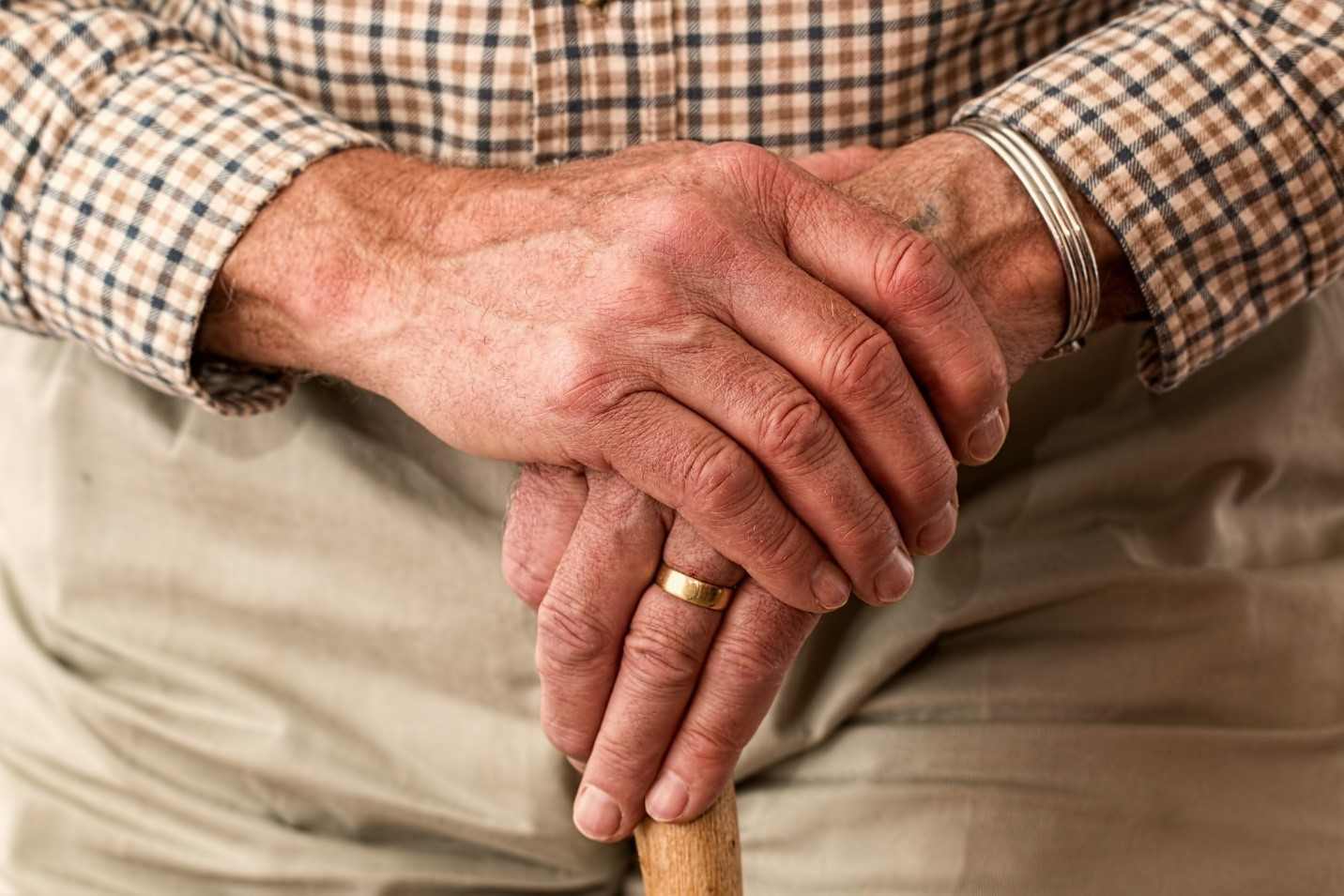
Falls: Consequences and What to Do If a Fall Occurs
Falls are a common and important problem for seniors. It is estimated that one-third of people aged 65 and over have fallen in the last 12 months. Of those that have fallen, about half fall again in the same year.
Falls can have many unfortunate consequences: from minor abrasions to major fractures. They can also cause a reduction in mobility, hospitalization and even death. In fact, falls are the number one cause of accidental death among seniors.
Fortunately, many falls can be avoided, and if a fall does occur, there are ways to reduce its consequences. There are multiple preventive measures supported by research to reduce falls and mitigate their impact.
What can be done to reduce the risk of falling?
Studies have shown that the following activities significantly reduce the risk of falls:
- Tai Chi
- Exercise programs focused on improving balance
- Adaptation of the home to minimize environmental causes of falls and increase support surfaces (grab bars, non-slip bathtub mats and flooring for tub)
- Use of walking aids such as a cane or a walker depending on the situation
What can be done to reduce the consequences of falls?
An extended stay on the ground – anywhere from several minutes to several hours – greatly increases the risk of complications from a fall and the need for rehabilitation afterwards. Learning to get up safely following a fall is essential. A fall alert system may also be advisable to minimize the time spent on the ground.
Also, good bone health can reduce the risk of fracture. Vitamin D, calcium supplements and pharmacological treatments for osteoporosis may be suggested for some older adults.
When should you worry after a fall?
A fall can happen to anyone from time to time; however, we must be more concerned when:
- A person falls more than twice in a year, especially if the falls occur inside the house
- There is loss of consciousness or difficulty in remembering the events surrounding the fall
- A person stays on the ground for a long time (several hours)
In each of these situations, it is recommended that you speak with a health professional such as a physiotherapist or a doctor.




